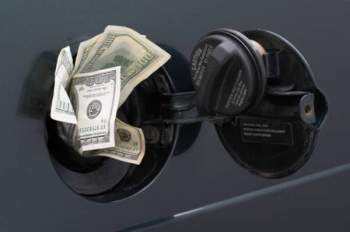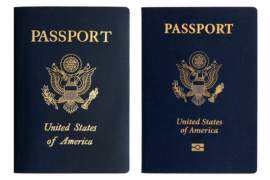
A Guide to the Federal Energy Regulatory Commission

What is the Federal Energy Regulatory Commission?
The Federal Energy Regulatory Commission is an agency that operates within the United States of America that possesses authoritative jurisdiction over interstate electricity sales, hydroelectric licensing, natural gas pricing, oil pipeline rates and wholesale electric rates. In addition to these responsibilities, the Federal Energy Regulatory Commission also reviews and authorizes the presence of liquefied natural gas terminals, interstate natural gas pipelines as well as non-federal hydropower projects.
The Federal Energy Regulatory Commission operates as an independent (self-funding) regulatory agency within the United States Department of Energy. As a result of this independent status, neither the President of the United States nor Congress is able to review the decisions administered by the Federal Energy Regulatory Commission. That being said all decisions administered by the Federal Energy Regulatory Commission are reviewable by the federal court system of the United States.
As a result of its self-funding status, the Federal Energy Regulatory Commission pays for itself by recovering costs from the industries it regulates; the Federal Energy Regulatory Commission charges annual fees.
Although the Federal Energy Regulatory Commission is an independent entity, the Department of Energy may intervene in the Commission’s operations. That being said, all activities orchestrated by the Federal Energy Regulatory Commission may not be subject to further review by the Secretary of Energy or any officer or employee of the Department.
Responsibilities of the Federal Energy Regulatory Commission:
The Federal Energy Regulatory Commission is responsible for carrying-out the following functions:
The Federal Energy Regulatory Commission regulates the transmission and sale of natural gas for resale in interstate commerce
The Commission regulates the transmission of oil by pipelines in interstate commerce
Regulates the transmission and wholesale of electricity in interstate commerce
Issues licenses and inspects private and state hydroelectric projects
Approves the site of interstate natural gas facilities, including all pipelines and storage units
Ensures the reliability of high voltage interstate transmission systems
Monitors and investigates the energy market
Applies civil penalties and other fees against energy organizations and individuals who violate the Commission’s rules in the energy markets
Oversees all environmental matters related to natural gas and hydroelectric projects
Administers accounting and financial reporting regulations and conducts regulated companies
Federal Energy Regulatory Commission Quick Facts:
The following details outline the administration of the Federal Energy Regulatory Commission:
The Federal Energy Regulatory Commission was formed on October 1st of 1977
The headquarters of the Federal Energy Regulatory Commission are located in Washington, D.C.
The Federal Energy Regulatory Commission is responsible for the jurisdiction over the Federal Government of the United States and more specifically over interstate electricity rates, wholesale electric rates, hydroelectric licensing, natural gas pricing and oil pipeline rates
The head of the Federal Energy Regulatory Commission is Chairman John Wellinghoff
NEXT: A Guide to the Federal Executive Institute





















